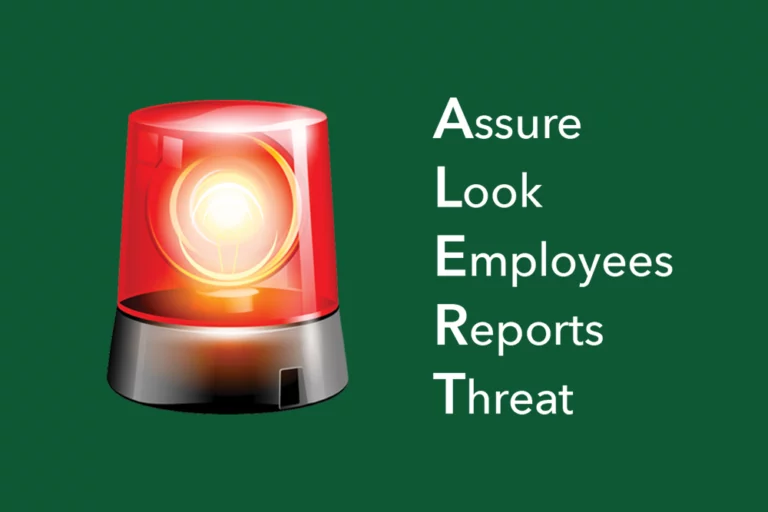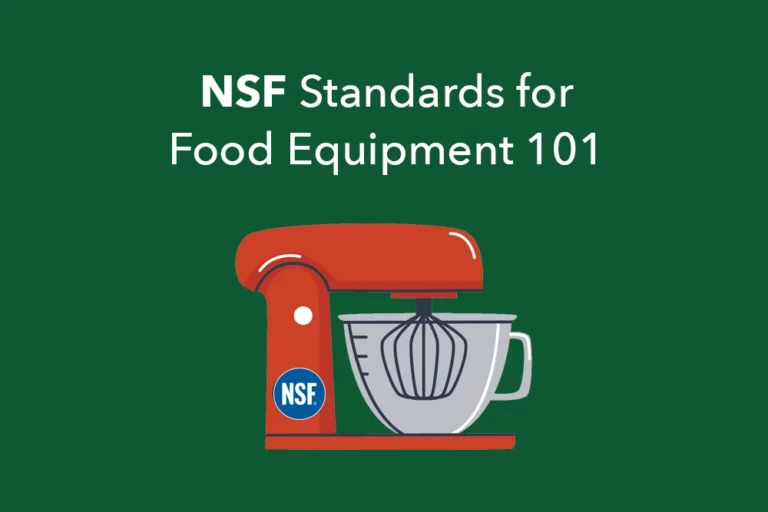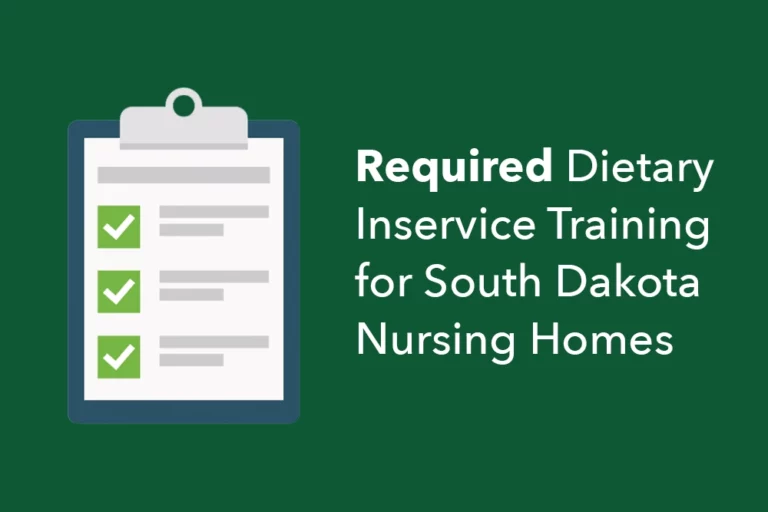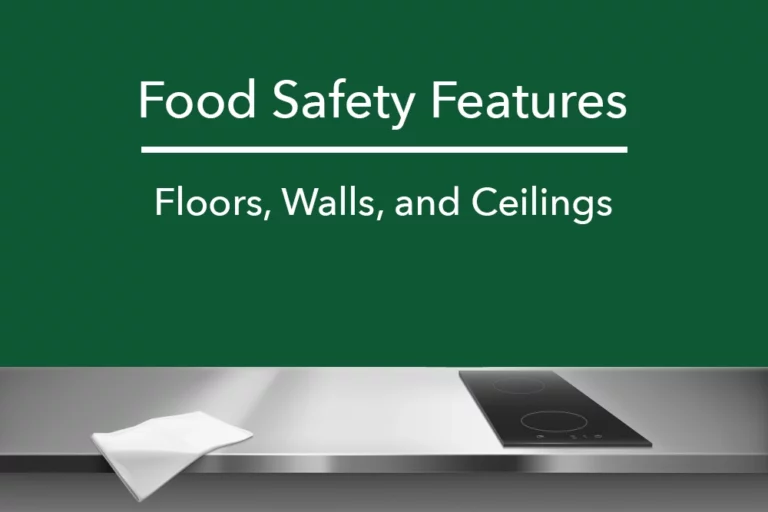Food Manager Certification: What ServSafe Doesn’t Want You to Know (But FoodSafePal Does)
Article Summary
Most providers—like ServSafe or Learn2Serve—bundle training and exams, creating the false impression that they are inseparable.
- The Fact: Under ANAB-CFP accreditation standards, food manager training and exams must remain independent by design.
- The Choice: You have the legal freedom to choose different providers for your training and your proctored exam; you are never “locked in” to one company.
- The Benefit: FoodSafePal provides this transparency, offering interactive, self-paced training that prepares you for any accredited exam while saving you money on unnecessary bundles.
When it comes to earning your Food Protection Manager Certification, there’s a common belief that you must purchase both the training and the exam from the same company, whether ServSafe, Learn2Serve, or even FoodSafePal. Really, whichever one your employer points you to.
On the surface, this makes sense: why train with one company and test with another? But here’s the truth most people don’t know — that’s not how certification works.
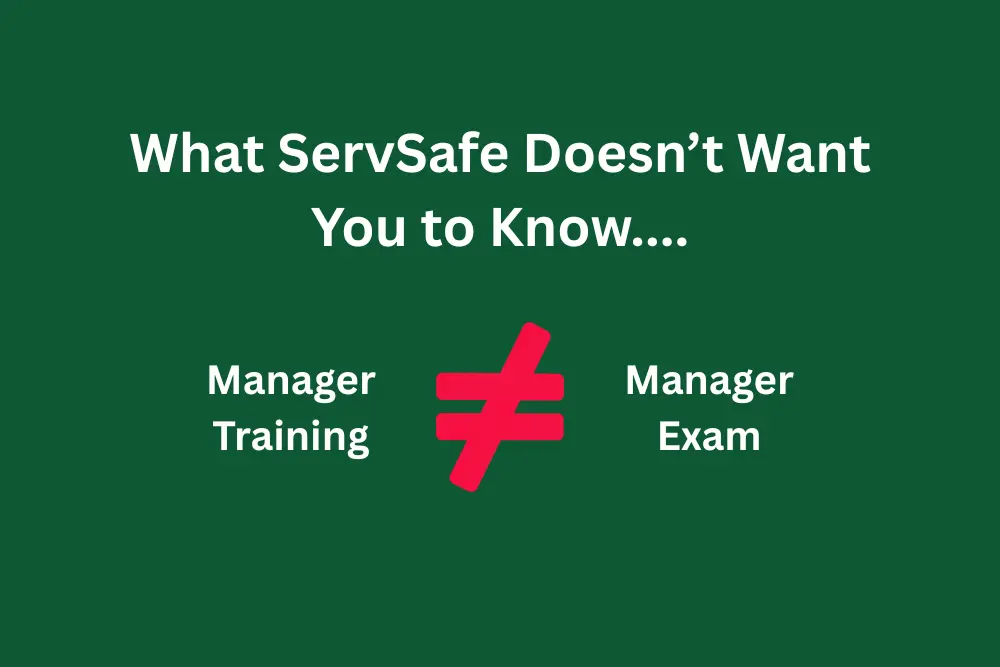
Are Food Manager Training and Exams Required to be Separate?
Under accreditation standards, the training and the exam must remain independent. This means exam questions cannot be based on a company’s course content.
The regulations make this clear:

In plain terms, the training side of a company cannot influence how the exam is developed.
This separation is required to ensure fairness and validity. It also protects test-takers by making sure no one provider can “teach to the test.”
That’s why you can train with one company and take the certification exam with another — and it’s entirely allowed, and potentially a better approach, depending on the company.
Summary
Food manager exams cannot be written from a company’s training course. Accreditation requires independence to keep the process fair and valid.
How are Food Manager Exam Questions Created?
If the exam cannot be based on a company’s training course, where do the questions come from?
They’re developed through a standardized process that makes sure the exam is fair, valid, and tied to the real responsibilities of a food protection manager:
- Job Analysis: Experts from the food industry and public health define the core tasks and knowledge a Certified Food Protection Manager needs to prevent foodborne illness.
- Exam Blueprint: This analysis is turned into a plan that shows how much of the exam should cover each topic, such as cooking, holding, cleaning, or personal hygiene.
- Question Bank: Hundreds of questions are written and reviewed, then stored securely. Exams are created from this larger pool so test-takers don’t all see the same set of questions.
- Continuous Review: Questions are updated, retired, or replaced over time to reflect current food safety practices and keep the exam reliable.
Put simply, exam questions aren’t copied from a training course — they’re developed through a long, multi-step process involving experts, detailed analysis, and ongoing review to make sure the test is fair, accurate, and defensible.
Summary
Questions come from a strict, multi-step process — job analysis, blueprints, large question banks, and ongoing review — not from the company’s training content.
Why ServSafe and Other Providers Want You to Think Training and Exams Go Together
ServSafe, Learn2Serve, and other large providers have spent years marketing their training and exam together as a package. It’s simple for them to sell, and it convinces people that buying both from the same company is the only way to get certified.
This bundling benefits the provider — not the learner. It blurs the line between training and testing, leading many food workers and employers to believe they have no choice but to stick with one company from start to finish.
But the regulations say otherwise: the certification exam must be developed independently. Training can prepare you, but it cannot dictate the questions you’ll face on test day.
Summary
Providers like ServSafe and Learn2Serve bundle training with exams in a way that makes it seem required — as if the exam is written from their course and passing depends on buying both. In reality, accreditation rules prevent this.
Why FoodSafePal Is Sharing This (Even Though We Offer the Same Bundles)
Most providers — ServSafe, Learn2Serve, and even FoodSafePal — sell training and exams together as a bundle. It’s convenient, and it creates the impression that both must come from the same company.
But here’s the difference: we’re willing to tell you the part most companies leave out. Training and exams are required to remain separate. You can take training from one provider and the certification exam from another — and that choice is yours to make.
We share this because you deserve to understand how the system really works. With that knowledge, you can decide who you want to train with, who you want to test with, and where you want to spend your money.
FoodSafePal’s Food Manager training is built to give learners a real advantage on exam day.
The course is self-paced and takes just over five and a half hours to complete — so it can be finished in a single day or broken up over time, always picking up right where it was left off.
Short, interactive checkpoints appear throughout to confirm understanding before moving on.
At the end, learners take a full-length 75-question practice test designed to mirror the real exam — and unlike most courses, FoodSafePal shows exactly which questions were answered correctly and which were missed, so learners know what to focus on.
Finish the training and practice test, and a certificate of completion is issued instantly — proof of being ready for the real thing.
Food Manager Certification (CFPM) Prep
Your best training for preparing to pass the food manager certification exam with ease.
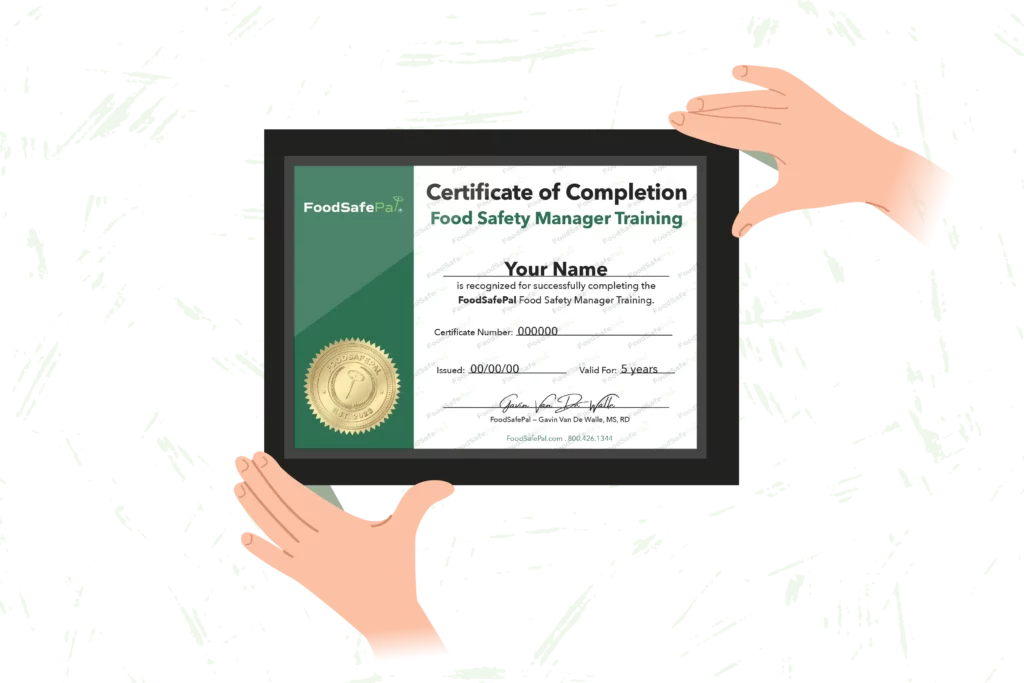
Summary
FoodSafePal is transparent that training and exams are separate, even though bundles are offered. The training itself is self-paced, built without fluff, and includes interactive checkpoints plus a 75-question mock test with full answer review — giving learners a clear edge on exam day.
Bottom Line
Food manager training and exams do not have to come from the same company. Accreditation rules prevent it — and that’s what ensures fairness.
This means every learner is free to choose the training that makes the most sense and the exam provider that fits best.
FoodSafePal is committed to being transparent about this reality so learners know their options and can give themselves the best possible chance of passing.

